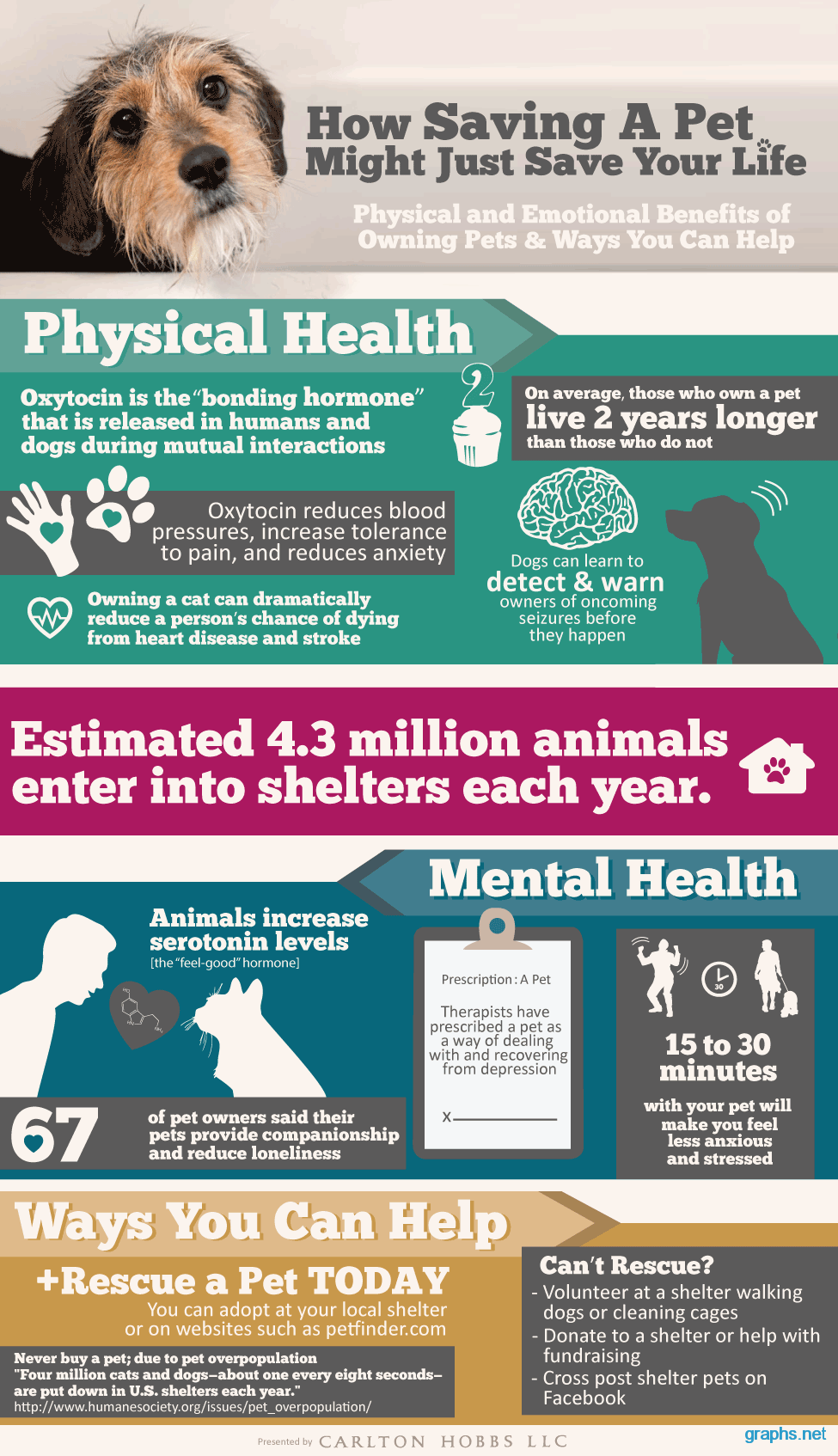Dog Daycare For Aggressive Dogs
Dog Daycare For Aggressive Dogs
Blog Article
What Vaccinations Are Required For Canine Childcare?
Whether your canines hang out at childcare or boarding facilities, they need to be current on all of their required vaccinations. Core vaccinations include Bordetella, rabies and DA2PP, which defend against common illness that pets are subjected to when in close contact with others.
Non-core injections include canine influenza and leptospirosis shots. These are suggested for dogs that join other pet dogs frequently.
Core Vaccinations
As a critical part of precautionary treatment, pet vaccinations aid maintain pets secure from infectious diseases transmitted with direct contact or polluted surfaces. Vaccines stimulate the immune system to create antibodies that fight condition, and most veterinarians take into consideration core pet dog injections to be vital for all animals.
Rabies
Most trusted canine childcare centers need that your pet depend on date on their rabies vaccination. Inoculations are carried out to young puppies as very early as 12-16 weeks old, and boosters are required every three years approximately up until adulthood. Rabies is a deadly viral illness that spreads out with saliva, generally from attacks. Many states call for rabies vaccinations for all pets and felines, and some even mandate rabies boosters for pet dog owners.
Distemper/Parvovirus/Adenovirus (DHPP).
This mix injection covers canine distemper, parvovirus, liver disease, and adenovirus, all of which are highly infectious. Many vet offices use DHPP vaccines as one shot or in a collection of two to 4 shots, given 2-4 weeks apart, adhered to by a yearly booster. This injection is a need for most boarding and doggy childcare facilities, along with several groomers.
Bordetella/Canine Parainfluenza Vaccine.
Bordetella bronchiseptica, frequently called kennel cough, is an extremely transmittable respiratory system infection caused by the germs that creates the disease. Symptoms include consistent coughing, sneezing, nasal discharge, and fever. A lot of kennel coughing episodes take place in congested settings, such as childcare or boarding facilities, and are particularly typical in warmer climate. This vaccine is a need for many day care and boarding facilities, and is commonly used in a mix with the DHPP injection.
Leptospirosis Vaccination.
This is a bacterial illness that spreads out through infected water, dirt, and urine. Infection can trigger kidney and liver damages, as well as fatality, and is transmissible to human beings. Most veterinarians will certainly recommend this injection, based upon geographical location and way of life of the pet, for pets that spend time outdoors or at boarding facilities, along with some groomers. This vaccination is typically provided as a collection of two to four shots, spaced 2-4 weeks apart, with an annual booster needed for the majority of animals.
Lyme Illness Vaccination.
The most typical tick-borne illness in the USA, Lyme disease is transmitted by the deer tick and can lead to high temperature, joint discomfort, muscle soreness, and loss of appetite. The Lyme illness vaccination protects against the aggressive dog boarding near me most common stress of the infection, consisting of the H3N8 and H3N2 strains. Most veterinary centers suggest this vaccination, specifically in high-risk areas, such as the Northeast, upper Midwest, Mid-Atlantic, and along the Pacific coast.
Noncore Vaccines.
Other pet dog vaccinations, while not essential for all pets, are recommended based on the canine's way of life and geographical place. These include the following:.